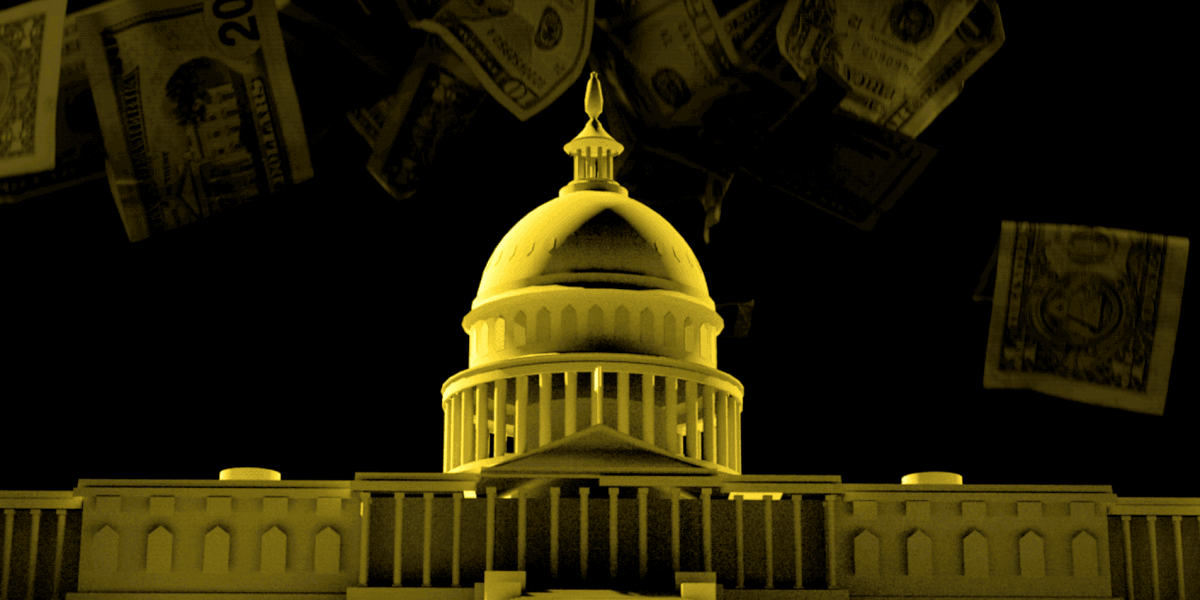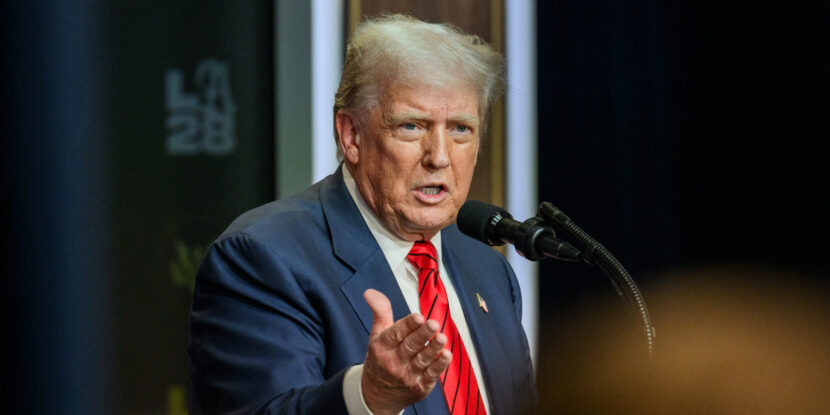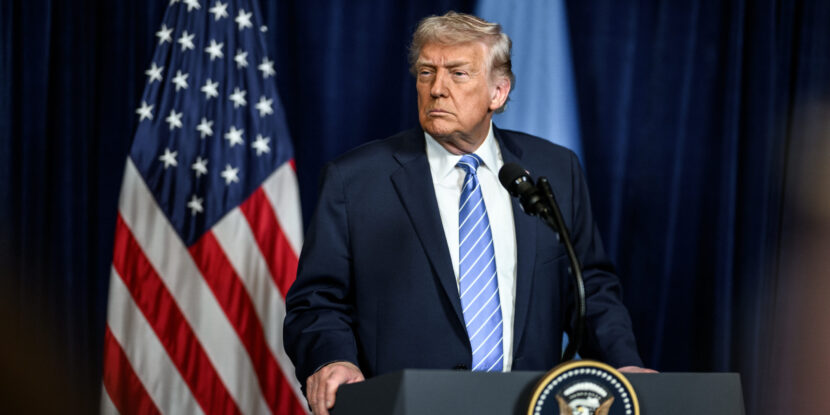With few legislative days left before the end of the year, Democrat and Republican leaders in the U.S. Senate are considering combining their nine remaining appropriations bills into a single, easier-to-pass $1 trillion omnibus. The move could end up jamming the Republican controlled House, right in the middle of the holiday season, with the very sort of massive spending bill they have tried to avoid. Last week, the Senate combined three of their appropriations bills into a ‘minibus’, and sent the budget measure to the House by a 82-15 vote.
Sen. Susan Collins (R-ME) – vice-chair of the Senate Appropriations committee – said while she prefers sticking with the Senate’s original plan to pass four minibus appropriations bills, time constraints may leave no choice but passing an omnibus.
“That has been discussed,” Collins said regarding the possible Senate omnibus. “I think it would be better to keep proceeding with minibuses but we could have gone on to one last week and we didn’t.”
Both Republican and Democrat leaders in the Senate have been careful to downplay idea of single, massive spending bill as an omnibus. Sen. Mike Rounds (R-SD) likened the possible legislation to the minibus the Senate just passed: “Instead of a minibus, it’s a maxi-bus. I’m in favor of it. I think it’s the right thing to do.” Collins said that if Senate leadership does combine the nine spending bills “… at least they’re bills that have gone through committee [and] will be subject to amendment.”
In the House, Republican Speaker Mike Johnson (R-LA) has floated the idea of of moving a ‘laddered’ continuing resolution (CR). The stop gap measure would extend government funding under the four less controversial spending bills until December, while the remaining eight spending bills would be extended into early next year. The ‘ladder’ CR concept, originating with the House Freedom Caucus, is intended to protect House Republicans from getting stuck with a Senate omnibus by forcing the two legislative bodies to negotiate on all twelve appropriations bills.
The government is currently set to shutdown on November 17th. It is likely the House will take up a short-term stop-gap funding bill next week regardless of what the Senate decides to do.




















